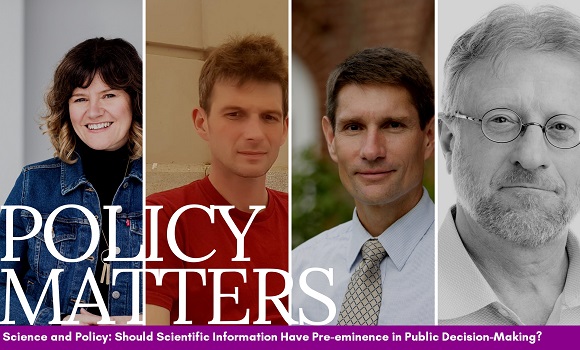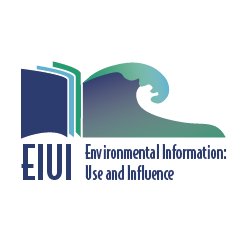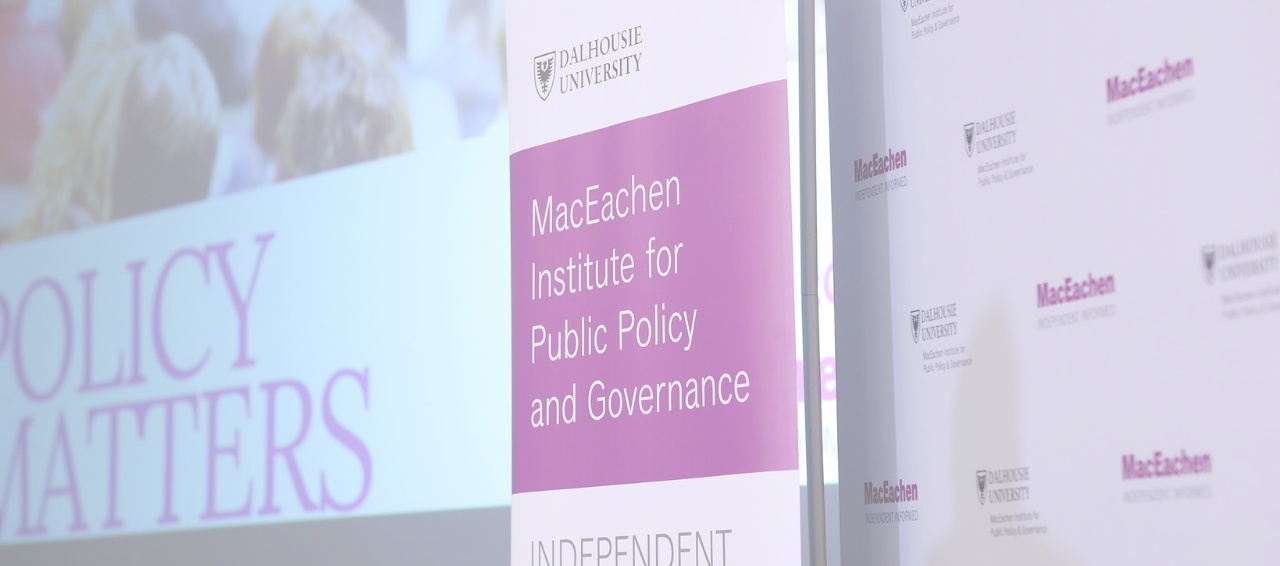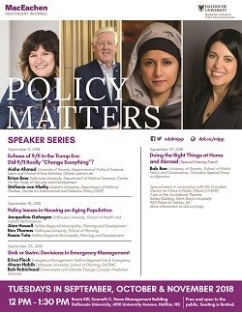Science and Policy: Should Scientific Information Have Pre‑eminence in Public Decision‑Making?
 Tuesday, October 9, 2018
Tuesday, October 9, 2018
12:00 pm to 1:30 pm
Room 1011, Kenneth C. Rowe Management Building
Dalhousie University, 6100 University Avenue, Halifax, NS
Facebook Event | Live Stream (Facebook Live)
Evidence-based policy making seems to be a straightforward, readily acceptable model to guide decision making at all levels of government. If evidence supports development of a policy, shouldn’t the evidence be given priority in policy decisions? In practice, however, the model faces many challenges. Even though governments broadly state that their decisions will be based on research evidence, researchers frequently wonder why evidence seems to be ignored. Evidence to resolve serious environmental and societal problems is available, but solutions seem to be elusive. Why? To address these questions, this panel of experts in scientific research, science communication, and science policy will offer their timely insights.
Hosted in partnership with Environmental Infromation: Use and Influence (EIUI).

About the speakers
About the series
Policy Matters is a weekly panel discussion on major policy issues presented by the MacEachen Institute for Public Policy and Governance. Each discussion features thought leaders from civil society and focuses on one of the Institute's four research themes – Civic Engagement, Atlantic Canada and the World, Health Systems and Governance and Smart Infrastructure. Held each Tuesday from September 11 to November 6, the discussions take place in room 1011 of the Kenneth C. Rowe Management Building at Dalhousie, from 12:00 pm – 1:30 pm. The events are designed to encourage public engagement with local, national and international policy issues and are open to the public.
Join the discussion on Twitter
#PolicyMatters2018





